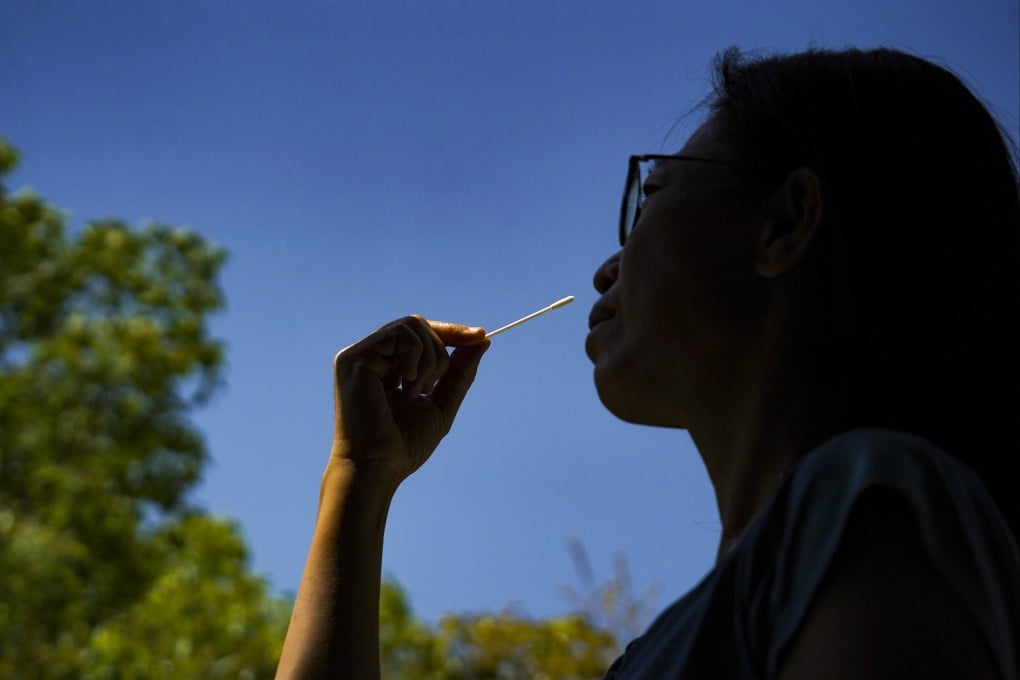Explainer | Why Hong Kong has changed its Covid-19 case reporting criteria, and how this affects you
- False test results from RAT kits force a change in policy
- Residents may be reporting positive cases to get around vaccine pass

Hong Kong changed its Covid-19 case reporting criteria on Tuesday, requiring residents who have submitted their positive rapid antigen test (RAT) results to health authorities to undergo a confirmation test before they are included in the city’s daily infection tally.
The Post unpacks and explores the impact of this change in policy.
What are details of the changes?
From Tuesday, people who test positive on RAT kits and report the result on the government’s online declaration platform will not be immediately considered a confirmed Covid-19 case. They will have to undergo a polymerase chain reaction (PCR) test to confirm their positive result.
Hong Kong first recognised RAT-positive cases as confirmed infections in late February, when daily caseloads surged into the tens of thousands, overloading the city’s testing capacity. An online reporting system was launched in early March, allowing people with positive RAT results to report their status to health authorities.
Random samples from such cases were selected for follow-up tests. Since late April, with the Covid-19 fifth wave declining, most RAT cases had been required to undergo PCR screenings.
Why do we need the changes?
Authorities revealed there had been a growing number of RAT-positive cases that turned out to be negative in follow-up PCR tests. Dr Chuang Shuk-kwan, head of the communicable disease branch of the Centre for Health Protection, on Tuesday said the proportion of such cases was “beyond an acceptable level of false-positive rate”. It was also “not ideal” to remove the cases from the tally of confirmed infections and reorganise the data again, she said.

Chief Executive Carrie Lam Cheng Yuet-ngor said up to 30 per cent of RAT-positive cases daily had turned out to be negative on follow-up checks, a big contrast to previous rate of 7 per cent.